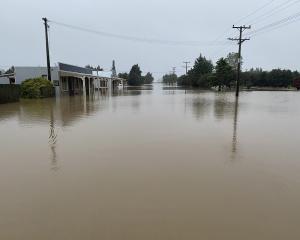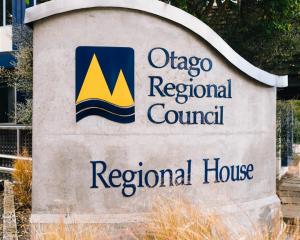The 29-year-old has spent the past two years studying birds in Dunedin's trees and has now turned his attention to the invertebrates living in them.
The aim of his urban ecology study, which he started in early 2009, is to find out what role trees play in ecological systems, and how they can be maximised for the benefit of birds and people.
''Evidence supports that having nature around is really important for individual and community health,'' he said.
Over the space of a year, he documented 2000 bird visits in 40 public and private trees around Dunedin.
He found the trees were important for providing resources on a seasonal basis, and for facilitating birds' movement.
The second stage of the study is to carry out seasonal observations of invertebrates living in the trees.
After trialling different methods of analysis, he has attached traps to the trees and has also carried out ''branch bagging and clipping'', in which he removes small parts of branches to study.
''The most interesting thing is the sheer numbers of what's in there, which can be ... 2500 aphids from a single branch tip.
''We tend to plant a tree and not really think about it in a wider concept,'' Mr Waite said.
Ultimately, he hopes to provide town planners with information to enable them to promote biodiversity in urban areas.
''Huge areas of land are being swallowed up by urbanisation. We need to plan for conservation in these areas.''
Interest in the area of urban ecology emerged widely only about 20 years ago, he said.
''It's a functioning ecosystem. It's one in which we are the dominant moving force. While that's scary, it also provides the opportunity to design something effective.''












